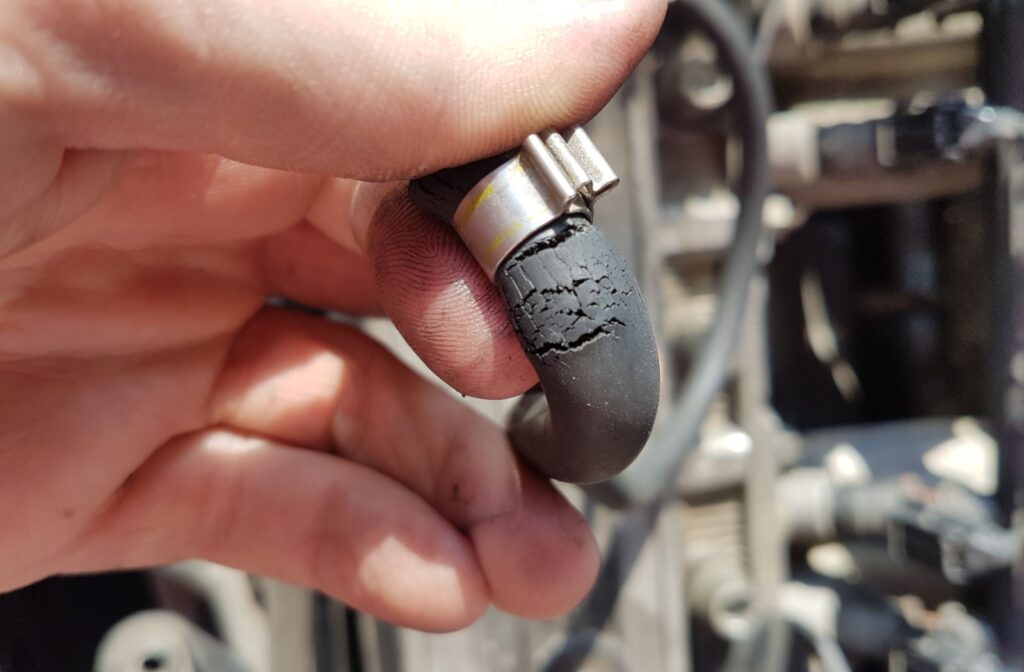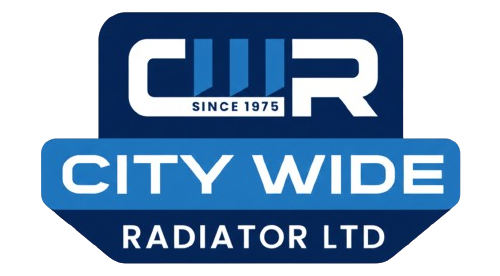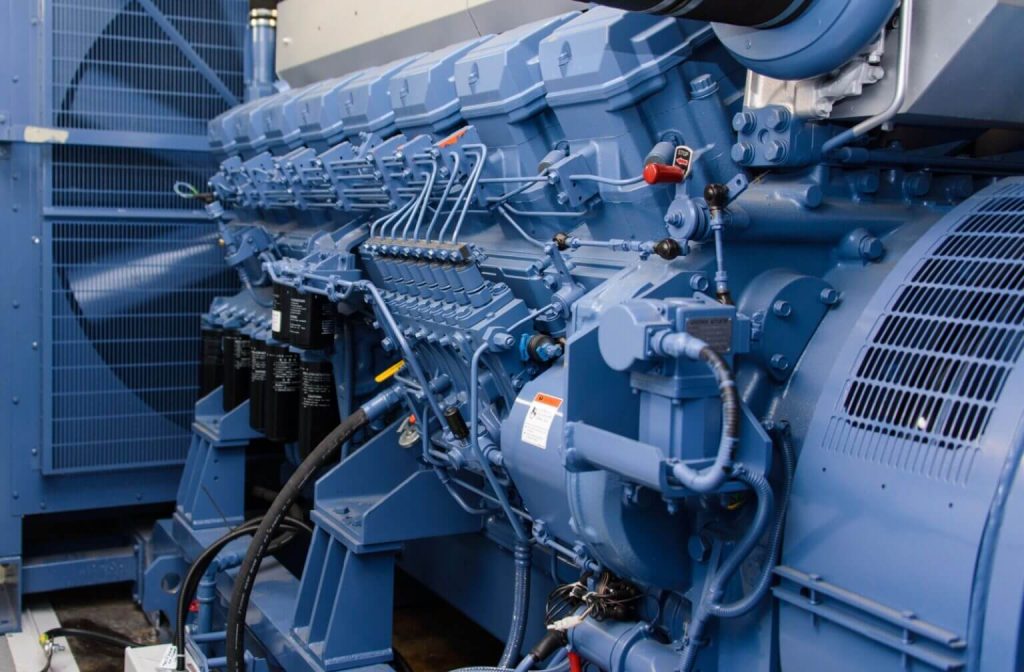Diesel generators are the backbone of many operations that rely on uninterrupted power to meet their goals and deadlines. They can also be essential in emergencies when you can’t afford to fail. However, one common issue that can disrupt their reliability is overheating. When a generator overheats, it not only shortens the equipment’s lifespan but may also lead to costly repairs.
5 common causes of generator overheating that every operator should be aware of are:
- Issues with the cooling system
- A leaking radiator
- Environmental factors
- Overloading the generator
- Clogged air intakes and outputs
Maintaining your generator with regular repairs can help keep it running efficiently and effectively, even under demanding conditions.
How Generator Cooling Systems Work
Generators operate under heavy workloads, and their consistent performance largely depends on a proper cooling system. Cooling systems are designed to keep the engine temperature within a safe range, preventing damage caused by excessive heat.
The system typically includes a radiator, cooling fan, water pump, and thermostat, working together to regulate the engine temperature. Coolant circulates through the generator to absorb and dissipate heat.
It is essential to maintain this system to ensure everything functions correctly. Neglecting routine assessments of the cooling system can lead to long-term overheating problems, which may compromise operations and affect the durability of the equipment.
1. Damage to the Cooling System
The cooling system plays a vital role in generator efficiency. However, several issues can arise that could disrupt its functionality and lead to overheating.
A faulty gauge may misreport the temperature, meaning the cooling system is not activating in the first place. Minor damage or deformation of the radiator cap can lead to the improper release of pressure, affecting the efficiency of heat dissipation. Additionally, pump failures disrupt coolant circulation, resulting in hotspots within the system.
One early sign of cooling system issues is fluctuating temperature readings on the gauge. Another warning indicator is unusual behaviour, such as erratic engine performance or visible leaks around the radiator. These symptoms should be addressed immediately to prevent further damage.
2. Leaking Radiator
A leaking radiator is one of the most common causes of generator overheating. When coolant leaks from the system, there is insufficient liquid to effectively dissipate the engine’s heat. This can quickly result in temperatures climbing beyond safe limits.
Typical warning signs of a leaking radiator include visible coolant pooling underneath the generator, a steady decrease in the coolant level, or the engine running unusually hot.
If you have identified a radiator leak, take immediate action. Top up the coolant to prevent further damage and contact a technician for repairs. Continuing to operate the generator with a leaking radiator can result in significant internal damage to the engine.

3. Environmental Factors
Environmental conditions can significantly contribute to generator overheating. High temperatures demand more from the cooling system, particularly during prolonged operations. Even altitude can affect a generator’s ability to cool efficiently since thinner air can carry less heat away. With Calgary’s relatively high elevation (almost 1000 metres higher above sea level than Toronto), this could impact cooling in a minor, though surprising, way.
Additionally, improper ventilation restricts airflow around the generator, creating a buildup of excess heat.
To mitigate these issues, install the generator in a well-ventilated area and ensure that nothing obstructs its airflow. If operating the generator in challenging environmental conditions, consider using a higher-quality coolant and monitor it more frequently.
4. Overloading the Generator
Exceeding a generator’s designed capacity is another common cause of overheating. Generators are engineered to handle specific loads. When additional equipment is connected or the generator continually operates beyond its maximum capacity, the engine is forced to work harder than intended.
The increased strain generates excess heat, leading to a higher risk of overheating. Use a load calculator or refer to the generator’s operating manual to ensure the connected devices do not exceed its rated output. Distributing the load evenly across available phases is another effective way to reduce strain, particularly for three-phase generators.
5. Clogged Air Intakes & Outputs
Air intake and exhaust systems are critical for efficient generator performance. Clean airflow means the generator engine can cool properly, while the exhaust system expels harmful emissions and excess heat. However, when air intakes or outputs become clogged, airflow is restricted, resulting in trapped heat and an overheating engine.
Common causes of clogged intakes and outputs include dirt, debris, or improper maintenance in dusty construction zones or industrial areas. Regular inspections and cleaning of air filters and exhaust pipes can alleviate these issues and support optimal performance.
Keep Your Generator Running Smoothly
Preventing overheating is fundamental to the longevity and performance of your generator. From maintaining the cooling system to monitoring environmental conditions, proper care and proactive management are the best defences against costly repairs and downtime.
If your generator shows signs of overheating or you suspect one of these common issues, do not wait. Contact our team at City Wide Radiator today to request a quote. We specialize in diagnosing and resolving heat transfer issues of all shapes and sizes.
We are ready to help your equipment operate at peak efficiency when you need it most.


